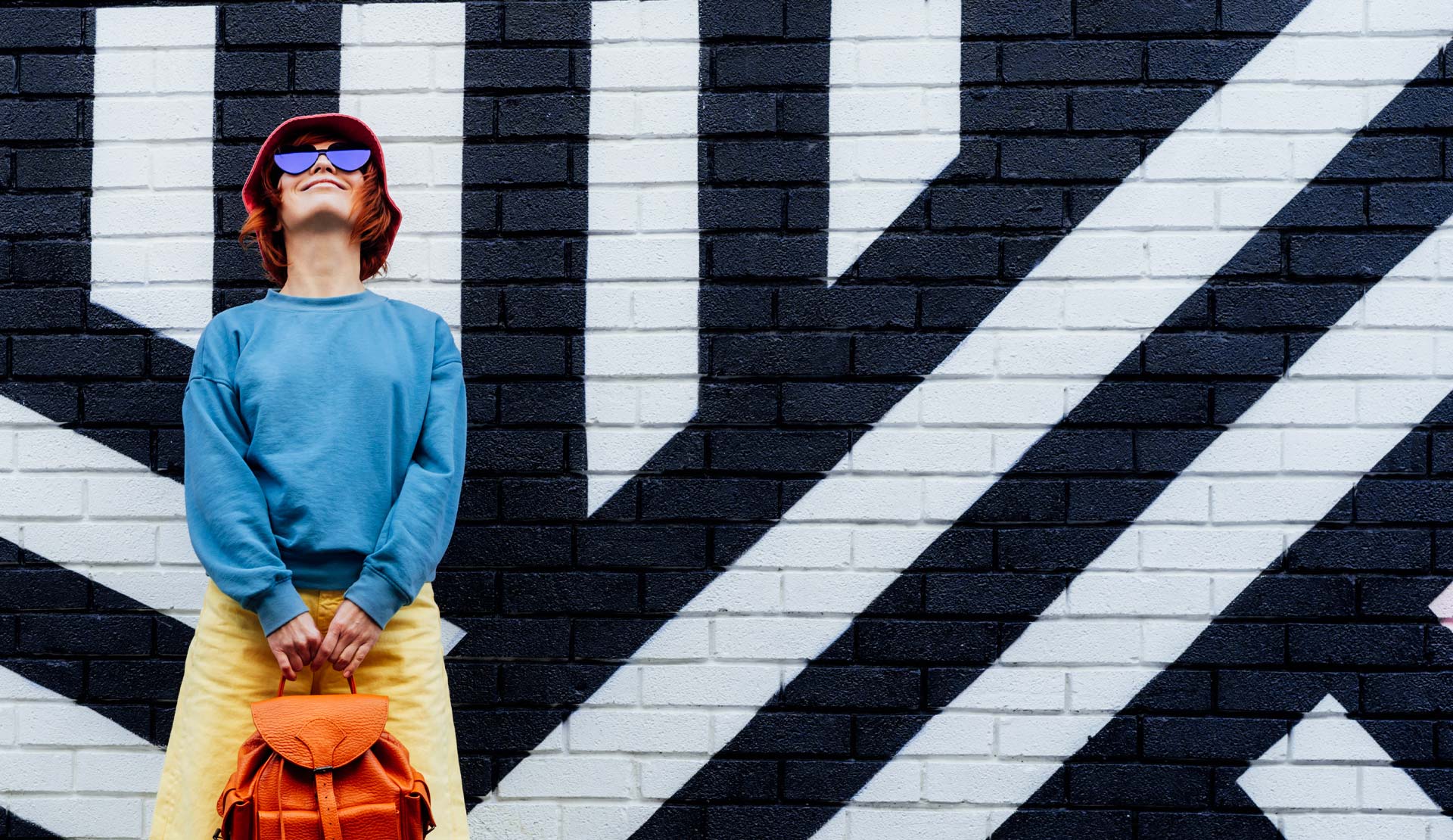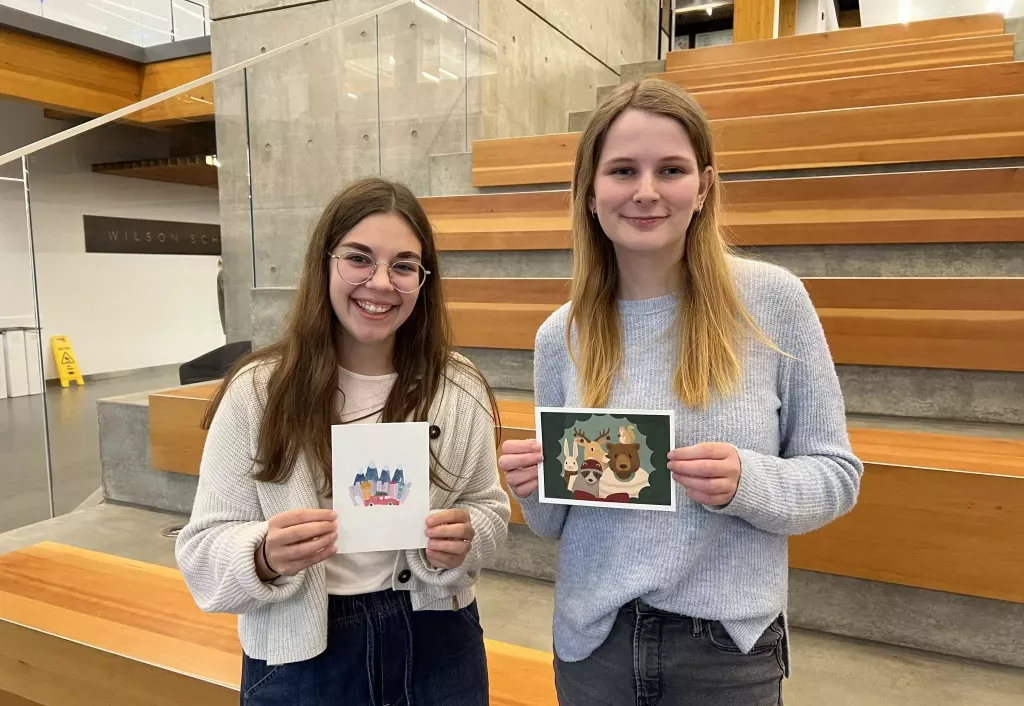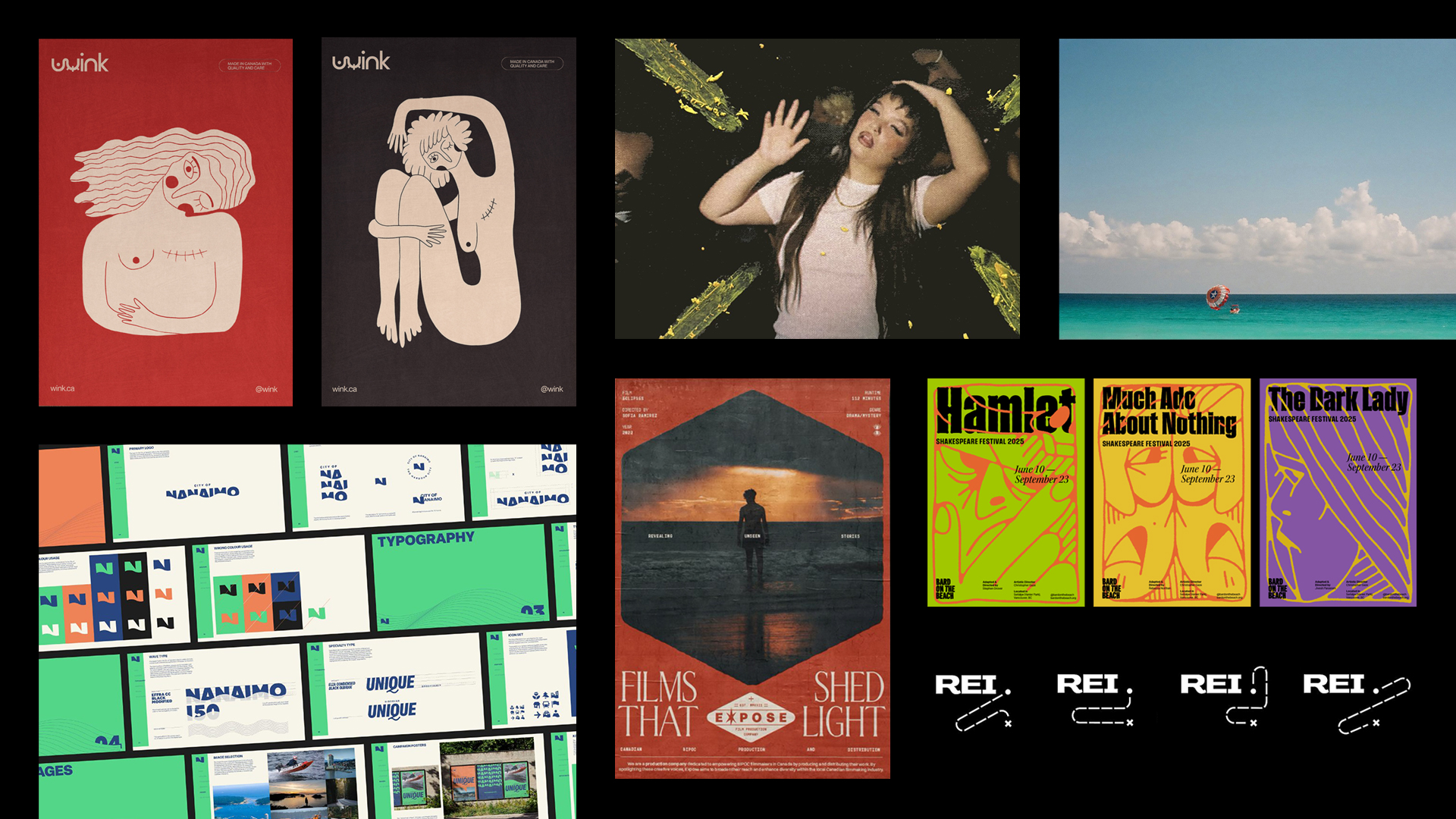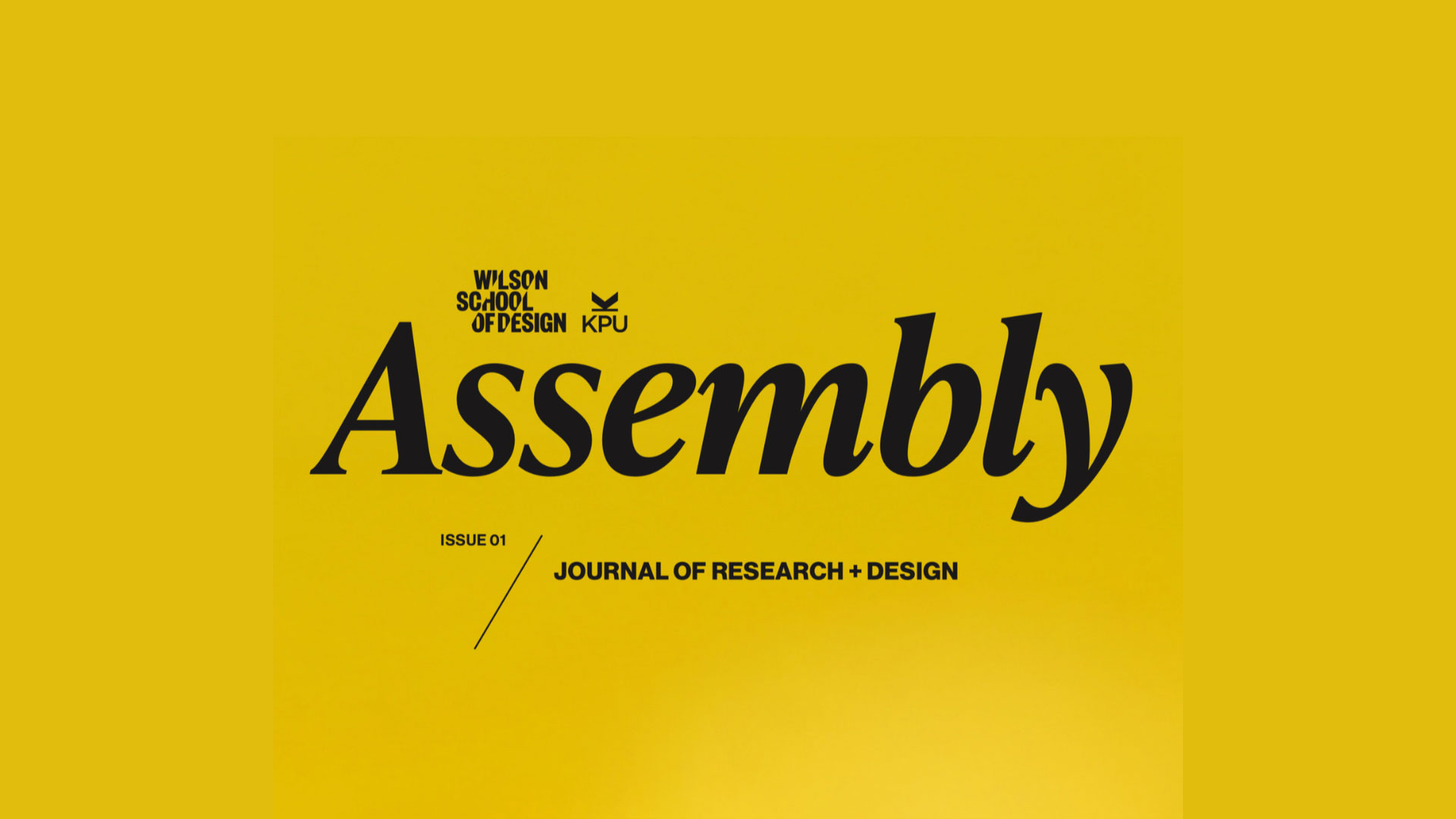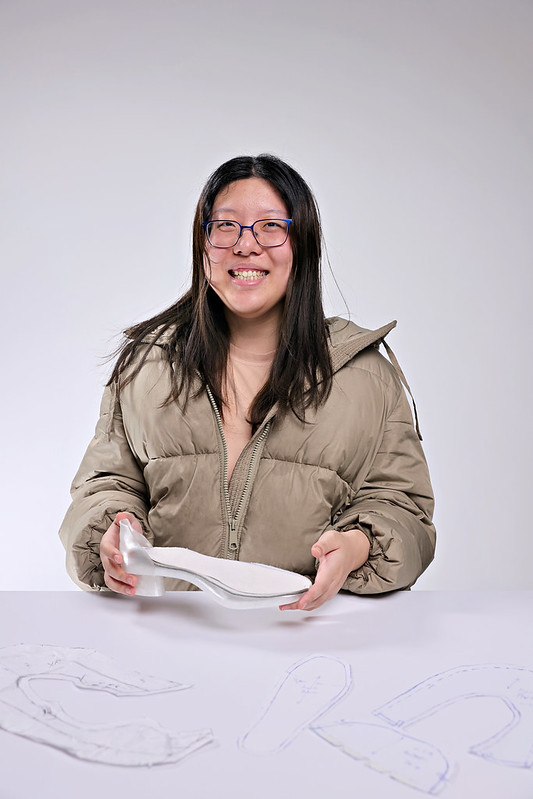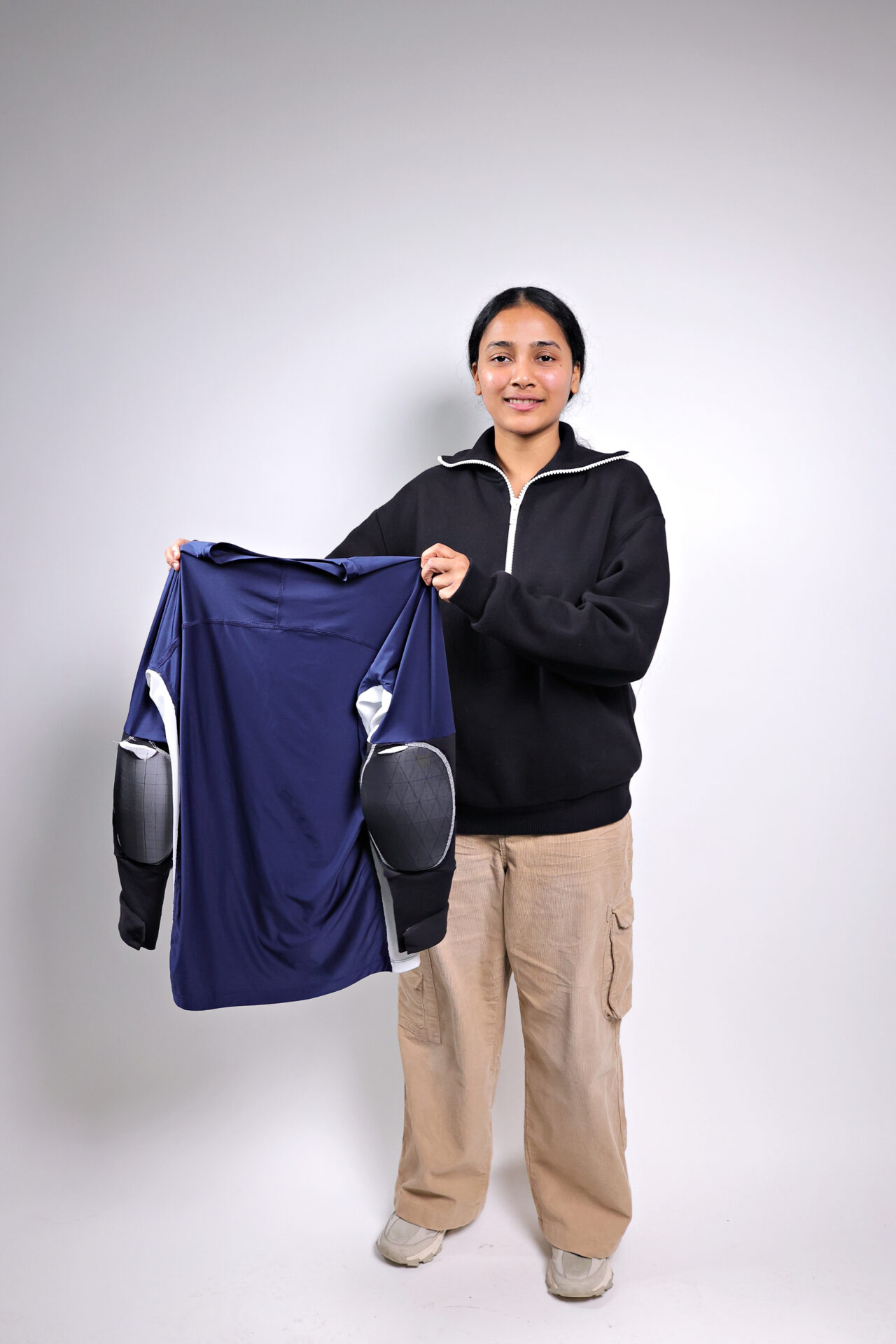“There is a disassociation with fashion marketing and shopping,” says Dr. Jimmy Choi, KPU fashion marketing program coordinator and instructor. “Shopping is an important part of the business, but we’re trying to teach our students to be more conscious.”
After moving to North America from Seoul, South Korea where he first began learning about clothing and textiles, Jimmy made it his mission to teach his students in both Canada and the United States the truth behind one of the world’s highest polluting industries.
“Fashion is one of the biggest industries responsible for the carbon footprint,” he explains.
Cheap fabric and materials used in fast fashion are harming the environment through the depletion of non-renewable sources, emission of greenhouse gases and the use of massive amounts of water and energy.
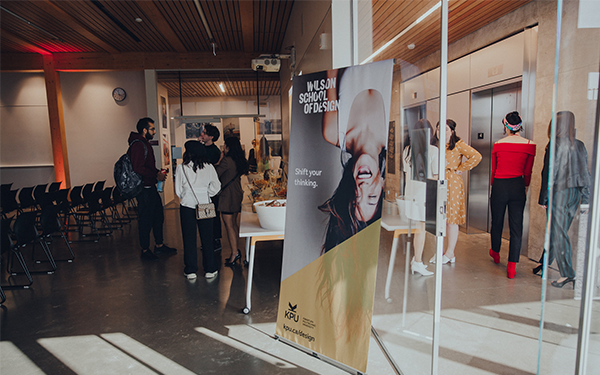
“Today, I am more aware and try to convey that ethos to my students because they’re going to be the future of the industry, they’re going to make changes in the industry, and I hope that it goes far enough to even make a small change, one step at a time.”
“I had this craving to do more research on the topic,” he adds. “I have always wondered, ‘Why is this person wearing this, versus that.’ We all have a choice. Whether it’s conscious or unconscious, people decide to wear something that day for whatever reason.”
Still in search of the perfect answer for his question, Jimmy continues to grow his knowledge of the industry by helping his students create their own business plans in both the Wilson School of Design and Melville School of Business, while ensuring they are aware of how they can make a difference.
Since becoming a specialist and educator in fashion, Jimmy says he has changed his shopping habits where possible, which includes buying from brands approaching the industry in more practical, eco-friendly ways. Most of his own shopping today is for his outdoor activities, like skiing, cycling, rock climbing and running.
My shopping has shifted over the last few years. I try to focus on the brands that are being a little bit more responsible or are trying to up their game when it comes to reducing the carbon footprint, being more environment friendly, or using sustainable materials.
As well as adopting some of his ethical shopping habits, he has noticed his students growing an interest in the thrift store market, some setting up their own online stores on Depop – a secondhand shopping platform.
“In general, it is a positive movement. Reselling clothes they don’t wear anymore is a good idea.”
“On the flipside, there is an ethical debate about how new, luxury thrift shops are impacting actual people who need those clothes,” he says while discussing price markups on used items – a 1990s Hard Rock Café t-shirt, or collectible sneakers coming to mind.
“The question I ask might be, ‘Is this market necessary?’ Especially with those highly coveted resale outlets,” he adds. “Thrift stores have been in our society for a while, but we are seeing a new form of upscale thrift store.”
Jimmy says that he sees both sides, but believes that because the market is growing, it is still better than buying new clothes every time. “It will be interesting to see the long-term implication for people who might want those or need those clothes.”
“Our students are really aware of the issue and want to make changes,” he concludes. “It’s not an easy thing to balance because as a business, you need to make revenue but at the same time, at what cost are we selling these clothes, at what cost are we wearing these clothes?”
Article by: Brit Williams
Internal Communication Specialist

